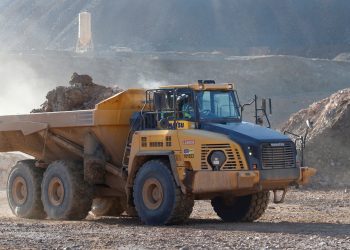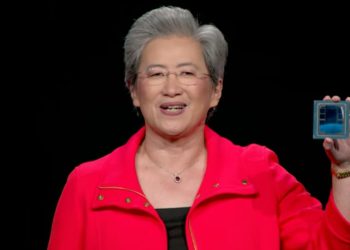BEIJING/LOS ANGELES, Oct 14 (Reuters) – The United States and China on Tuesday began imposing additional port fees on shipping companies that transport everything from holiday toys to crude oil, making the high seas a key front in the trade war between the world’s two biggest economies.
Register here.
In details published by state broadcaster CCTV, China outlined specific provisions on exemptions, which also include empty ships entering Chinese shipyards for repair.
The out-of-port fee imposed by China would be collected at the first port of entry for a single voyage or for the first five voyages in a year, after an annual billing cycle beginning April 17.
COMMODITY FRUIT
“This tit-for-tat symmetry locks both economies into a spiral of maritime taxation that risks distorting global freight flows,” Athens-based Xclusiv Shipbrokers Inc said in a research note.
A Shanghai-based consultant who advises global companies on trade with China said the new fees may not disrupt the industry much and that any increase in costs would likely be captured by higher prices.
“What are we going to do? Stop shipments? Trade is already disrupted enough with the United States, but companies are finding a way,” said the consultant, who asked to remain anonymous because he was not authorized to speak with the media.
The United States announced an exclusion last Friday for long-term charterers of Chinese-operated vessels carrying American ethane and LPG, deferring port charges until December 10.
But ship tracking firm Vortexa identified 45 VLGCs carrying LPG – 11% of the total fleet – that would still be subject to Chinese port charges, said its Americas analyst Samantha Hartke.
Clarksons Research said in a report that the new port taxes could affect tankers representing 15% of global capacity. Jefferies analyst Omar Nokta estimates that 13% of oil tankers and 11% of container ships in the global fleet would be affected.
REPRISALS
“The militarization of trade and environmental policies indicates that shipping has moved from being a neutral channel of global trade to a direct instrument of statecraft,” Xclusiv said.
Shares of Shanghai-listed COSCO rose more than 2% in early trading Tuesday. The company said its board of directors approved a plan to repurchase up to 1.5 billion yuan ($210.3 million) of its shares over the next three months to maintain the company’s value and protect shareholders’ interests.
The shipping company did not immediately respond to Reuters’ questions about port charges.
($1 = 7.1337 Chinese yuan)
Reporting by Lisa Baertlein in Los Angeles, Liz Lee, Joe Cash and Sam Li in Beijing; Additional reporting by Samuel Shen, Brenda Goh in Shanghai and James Pomfret in Hong Kong; Editing by Stephen Coates
Our Standards: The Thomson Reuters Trust Principles.










